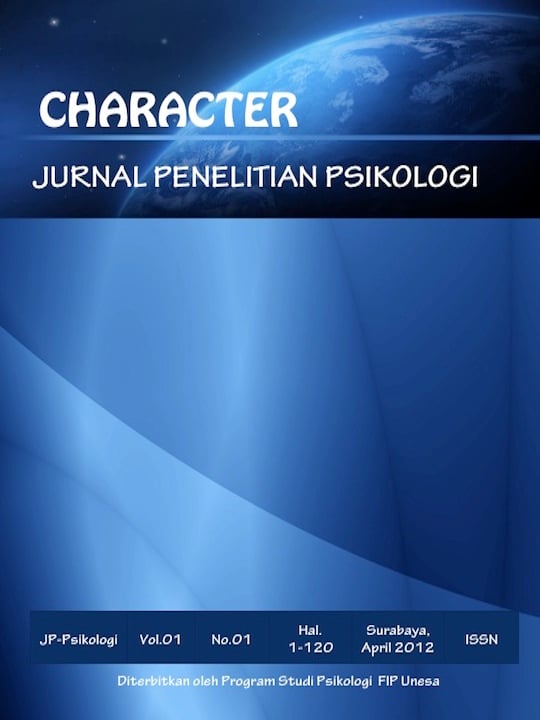Hubungan antara Subjective Well Being dengan Turnover Intention pada Karyawan Bank
DOI:
https://doi.org/10.26740/cjpp.v11i1.61574Keywords:
Bank X, subjective well being, turnover intentionAbstract
Penelitian ini mempunyai tujuan agar memperoleh informasi terkait hubungan Subjective Well Being pada Turnover Intention. Metode penelitian yang dipakai pada penelitian ini yakni kuantitatif. Teknik pengambilan data memakai teknik sampling jenuh, melalui kriteria subjek adalah karyawan tetap Bank X. Subjek penelitian 90 karyawan. Analisis data yang digunakan yakni korelasi pearson product moment dengan bantuan software IBM SPSS 26.0 for windows, yang menunjukkan hasil yaitu terdapat hubungan yang negatif serta signifikan pada Subjective Well Being beserta Turnover Intention atas nilai signifikansi 0,006 (p<0,05). Dikatakan juga nilai koefisien korelasi sebanyak -0,286 yang mana termasuk pada kategori rendah dan tidak searah. Penelitian ini memperlihatkan kesimpulan terdapatnya hubungan negatif serta signifikan pada Subjective Well Being dengan Turnover Intention. Memiliki arti semakin tinggi Subjective Well Being maka semakin rendah Turnover Intention, dan sebaliknya.
Downloads
Downloads
Published
How to Cite
Issue
Section
License
Authors who publish in this journal agree to the following terms:
Copyright in any article is held by the author.
The author grants the journal, publication rights with the work simultaneously licensed under a Creative Commons Attribution License that allows others to share the work with an acknowledgment of the work's authorship and initial publication in this journal.
Authors may enter into separate, additional contractual arrangements for the non-exclusive distribution of the journal's published version of the work (e.g., posting it to an institutional repository or publishing it in a book), with an acknowledgment of its initial publication in this journal.
Authors are permitted and encouraged to post their work online (e.g., in an institutional repository or on their website) prior to and during the submission process, as this can lead to productive exchanges, as well as earlier and greater citation of published work.
 Abstract views: 319
,
Abstract views: 319
, PDF Downloads: 167
PDF Downloads: 167





